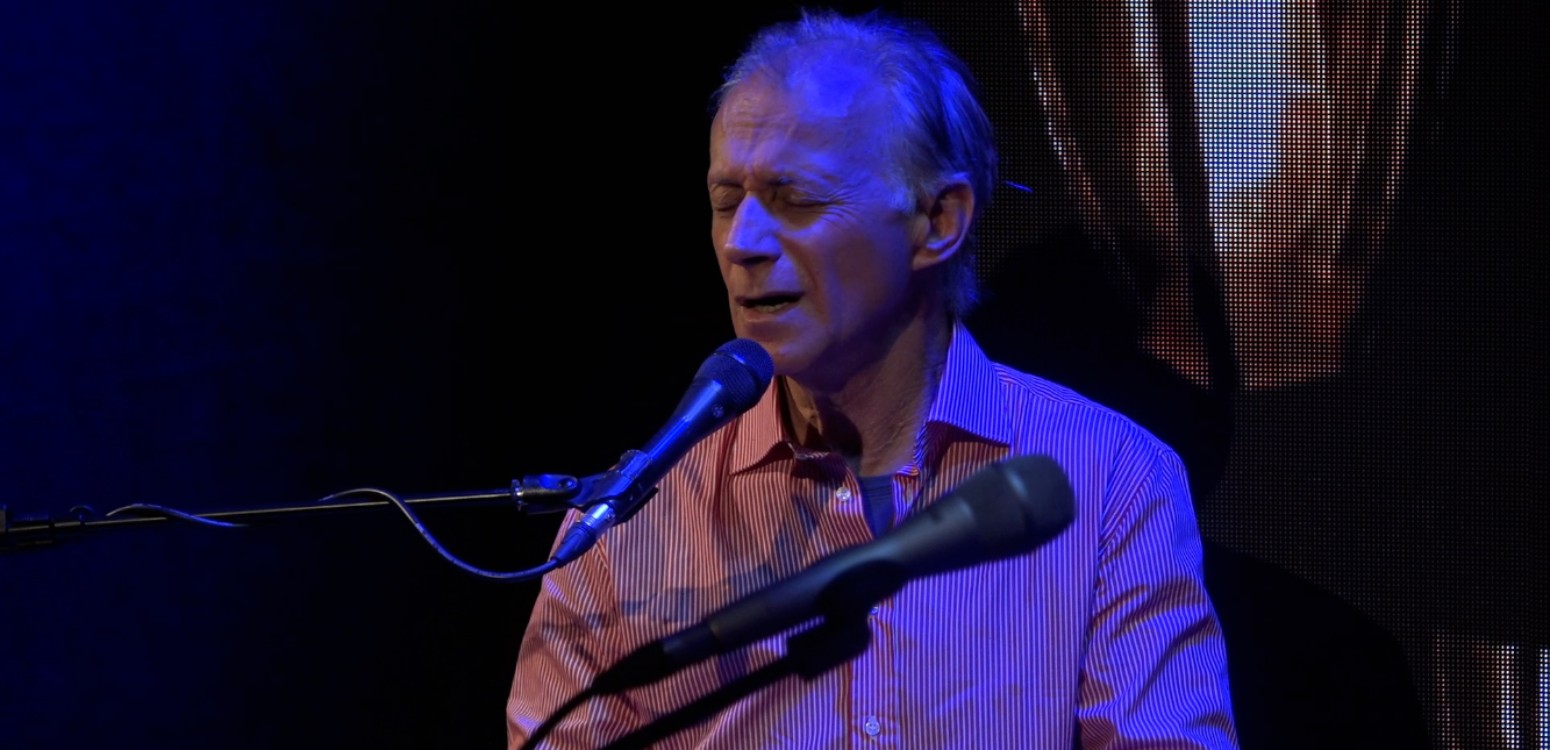
The biblical Jubilee – a fifty-year economic reset that cancels debts and redistributes land – found an unlikely champion in Ze'ev Jabotinsky, the anti-socialist founder of right-wing Revisionist Zionism. Discover how this fierce defender of economic freedom came to embrace an ancient model of periodic wealth redistribution, and what his vision might teach us about balancing markets with morality today
Every fifty years, the Bible commands, a shofar sounds across the land announcing an economic reset. Debts canceled. Property returned. Slaves freed. This is the Jubilee – a divine intervention into human markets that drew an unexpected champion: Ze’ev Jabotinsky, the right-wing Zionist leader known for his fierce opposition to socialism. The revolutionary spirit of this biblical command captured the imagination of a man who spent his life fighting against economic control yet saw in this ancient practice a necessary correction to capitalism’s excesses.
At the fiftieth year, the shofar is blown
The idea of the Jubilee appears in this week’s Torah portion immediately after the commandment regarding shmita, the sabbath or sabbatical year. After seven sabbatical years, meaning at the end of forty-nine years, at the beginning of the fiftieth year, the shofar is blown on Yom Kippur announcing the start of a special and different year.
“And you shall hallow the fiftieth year, and proclaim liberty throughout all the land to all its inhabitants: it shall be a jubilee for you; and you shall return every man to his possession, and you shall return every man to his family. A jubilee shall that fiftieth year be to you: you shall not sow, neither reap that which grows of itself in it, nor gather in it the grapes of thy undressed vine. For it is the jubilee; it shall be holy to you: you shall eat its increase out of the field. In the year of this jubilee you shall return every man to his possession.” (Leviticus 25:10-14)
A complete economic reboot
Think of the economy as a fierce race where losers face devastating consequences. The Jubilee offers a radical solution: every fifty years, the entire competition resets. Land sales are nullified, families reclaim their original properties, slaves go free, and fields lie fallow – a complete economic reboot.
Though never historically documented, this concept surprisingly captivated Ze’ev Jabotinsky (1880-1940) – the leader of the anti-socialist Revisionist movement. In his 1930 essay “The Idea of the Jubilee,” Jabotinsky argued that the Bible champions economic freedom while providing crucial guardrails against destitution. He envisioned a middle path: neither top-down socialism nor ruthless capitalism, but a dynamic market with periodic, systematic resets to prevent permanent inequality.
A revolutionary solution for surviving capitalism
For Jabotinsky, the marketplace is an arena where freedom and creativity flourish through competition. Yet inevitably, some competitors fall. Biblical safeguards—Sabbath rest, charity, tithing – must evolve into modern protections: limited work hours, welfare, and the five M’s: – mazon (food), malbush (clothing), moreh (education), marpe (healthcare), ma’on (housing) – for those who need them.
But these measures were merely preliminary. His most radical vision came next:
“The antidote to economic freedom is the Jubilee,” Jabotinsky declared. “Like a giant axe passing through the human forest, cutting treetops grown too high – debts cancelled, property returned, slaves freed. Balance restored; the game begins anew.” This periodic economic reset was his revolutionary solution.
Modernizing an ancient biblical concept
“If I were king,” declared the lifelong anti-socialist Jabotinsky, “I would renew my kingdom according to the doctrine of Jubilee.” He envisioned assembling experts to modernize this biblical concept – perhaps not every fifty years, but on a practical timeline – creating a revolutionary reset that would restore equal opportunity throughout society. Let people “live, produce, trade, invent, aspire” freely, he argued, while knowing the Jubilee trumpet would eventually sound, proclaiming liberty throughout the land.
In this vision lies Jabotinsky’s economic philosophy: a fierce defender of market freedom and private property who nonetheless rejected cold capitalism. While he fought relentlessly against top-down economic control, he championed the Jubilee as the perfect mechanism to inject humanity into the marketplace – a periodic reset that preserved freedom while preventing inequality. His embrace of this ancient wisdom offers a provocative middle path for modern economic thought.
Lior Tal Sadeh is an educator, writer, and author of “What Is Above, What Is Below” (Carmel, 2022). He hosts the daily “Source of Inspiration” podcast, produced by Beit Avi Chai.
For more insights into Parashat Behar, listen to “Source of Inspiration”>>
Translation of most Hebrew texts sourced from Sefaria.org
Main Photo: Moses on Mount Sinai\ Wikipedia
Also at Beit Avi Chai





















